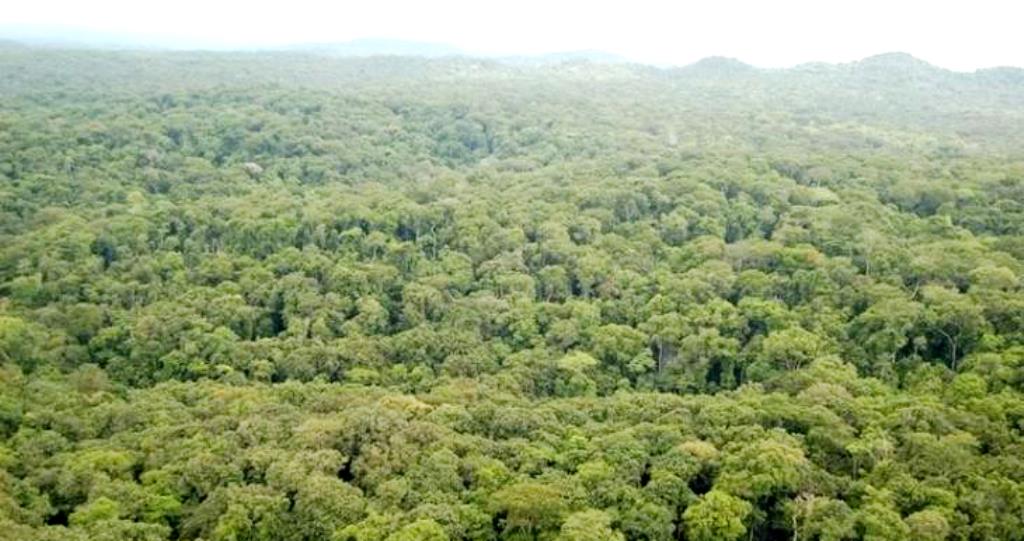AfricaPress-Tanzania: A NEW national forest policy may be ready this year, with the government expressing hope that the document will help reduce extensive tree cutting activities.
The “Daily News” has been told that as the country joins the rest of the world in marking the International Day of Forests, the country was gearing up to acquire a new policy which will replace the current one.
The first National Forest Policy of Tanzania was enunciated in 1953 and reviewed in 1963 to detail the manner in which forest and tree resources would be managed sustainably to meet the needs and desires of the society and the nation.
Permanent Secretary in the Ministry of Natural Resources and Tourism, Prof Adolf Mkenda said the draft policy has already gone through a stage of collecting views from stakeholders and has now entered into another step within the government level.
“We are hoping that the process to craft the document will be complete this year and come up with a new forest policy,” Prof Mkenda explained on Friday ahead of today’s International Day of Forests.
The Permanent Secretary Elaborated that the new policy is expected to look more into sustainable economic opportunities from the forests in line with the country’s industrialisation agenda, and address the problem of extensive harvest of forests, which leads to deforestation.
He said the new policy will take into account the current government’s industrialisation agenda by ensuring that there will be value addition on every raw product from the forest.
“For instance, we want even husks that are considered as waste could also be used as raw materials for making furniture,” the Permanent Secretary stated.
He further explained on what the government was doing to protect reserved forests, including earmarking more areas for reservation.
The number of reserved areas has increased from 16 to 22 during the tenure of the fifth phase government.
Meanwhile, the Food and Agriculture Organisation of the United Nations (UN) has said for some years now they have continued to provide technical support for the development of the first ever-comprehensive National Forest Inventory – the National Forestry Resources Monitoring and Assessment (NAFORMA).
Country Representative of FAO, Mr Fred Kafeero, said with regard to forestry governance instruments- policy, legal and guidelines, FAO has supported the review of the National Forest Policy; development of the National Forestry Policy Implementation Strategy; and currently, review of the National Forestry Management Act.
The organisation has also been supporting the government by providing both technical and financial support for conducting assessments and studies on forests and biodiversity; community-based forestry management; forest tenure in the framework of the Voluntary Guidelines on the Responsible Governance of Tenure (VGGT); forestry for sustainable food security and nutrition; cost–benefit analysis of forestry interventions for supplying wood fuel, among others.
He said managing forests sustainably, and restoring degraded ones, is crucial for people, biodiversity and climate, claiming that forests and biodiversity are too precious to lose.
He argued that achieving the 2030 Agenda for Sustainable Development, including the 17 Sustainable Development Goals (SDGs), is a commitment made by countries to tackle the complex challenges we face, from ending poverty and hunger and responding to climate change to building resilient communities, achieving inclusive growth and sustainably managing the earth’s natural resources.







